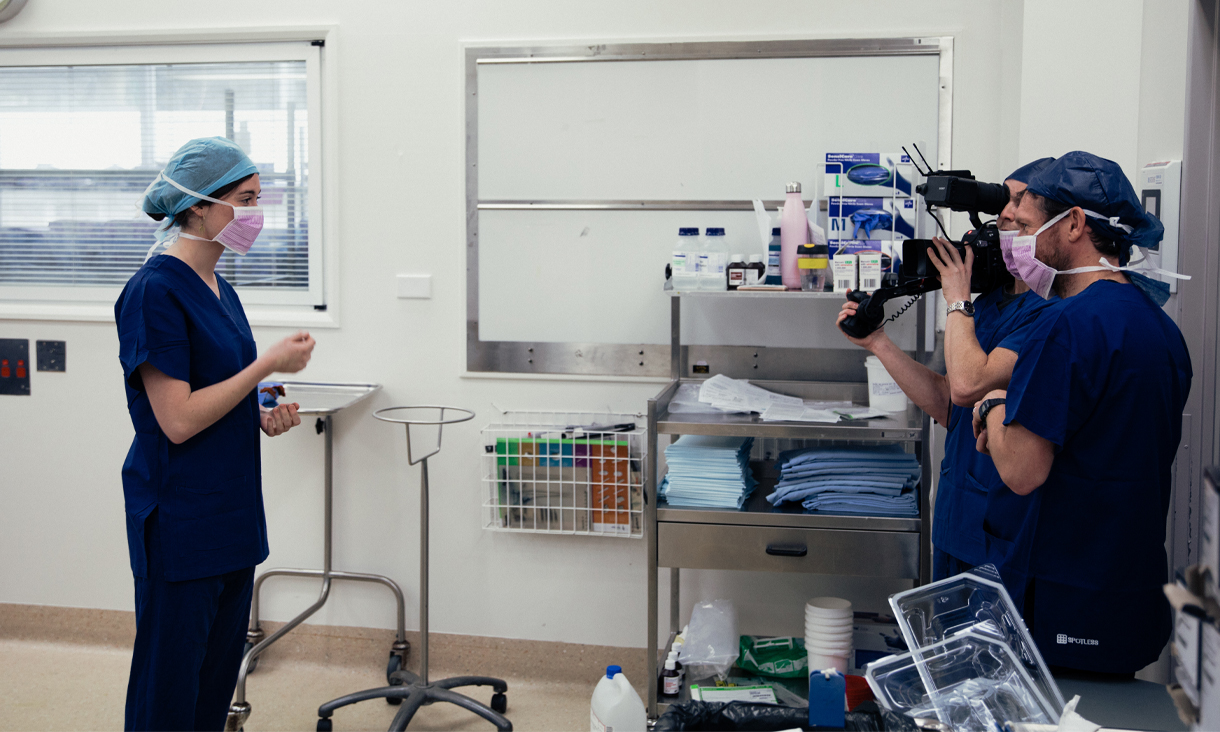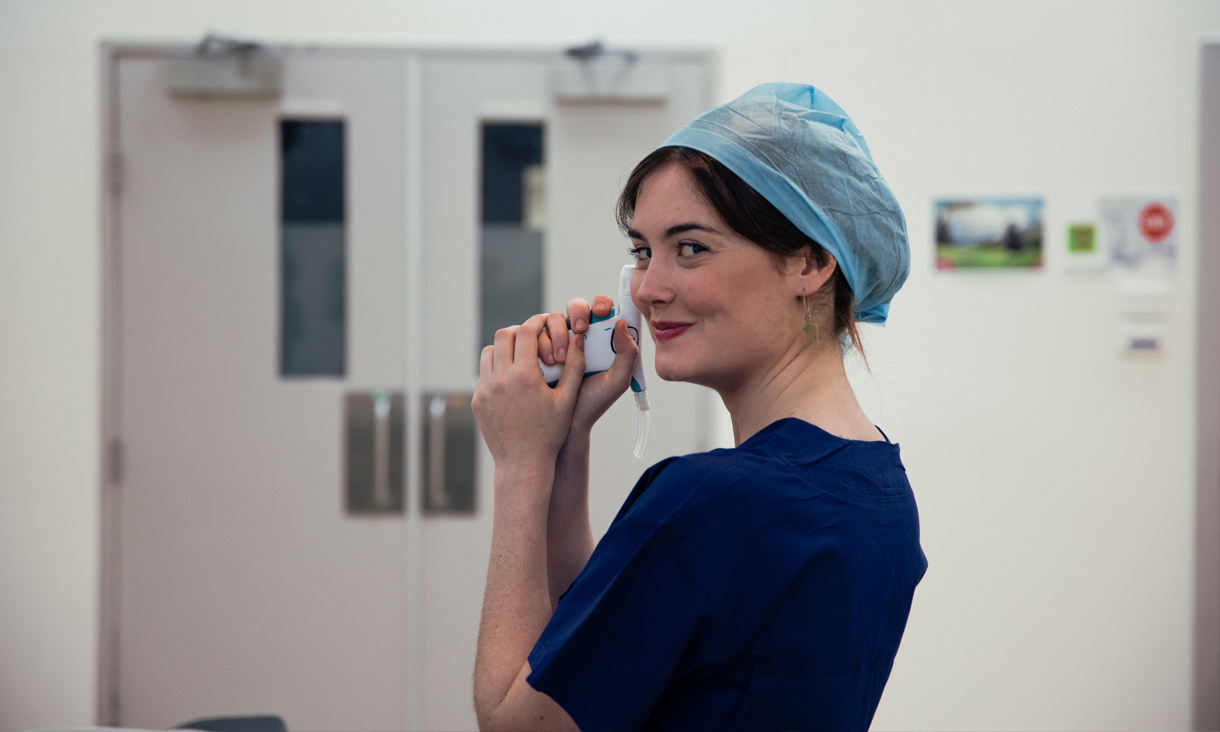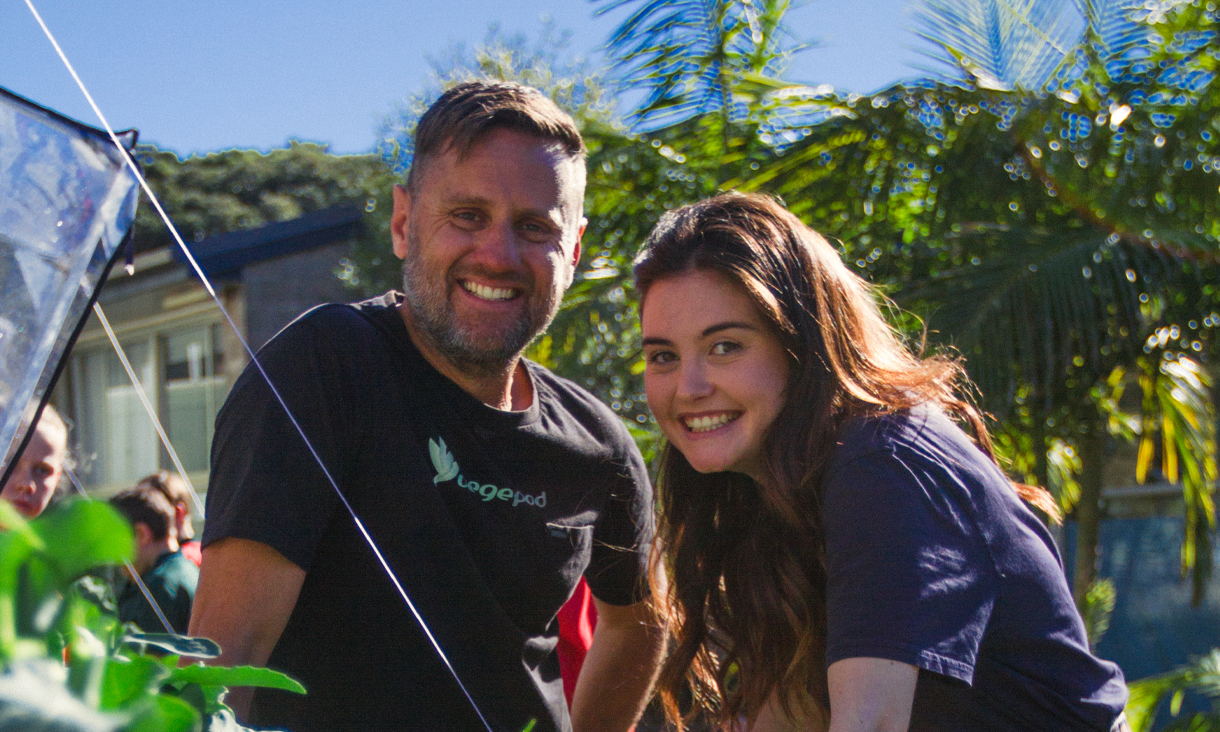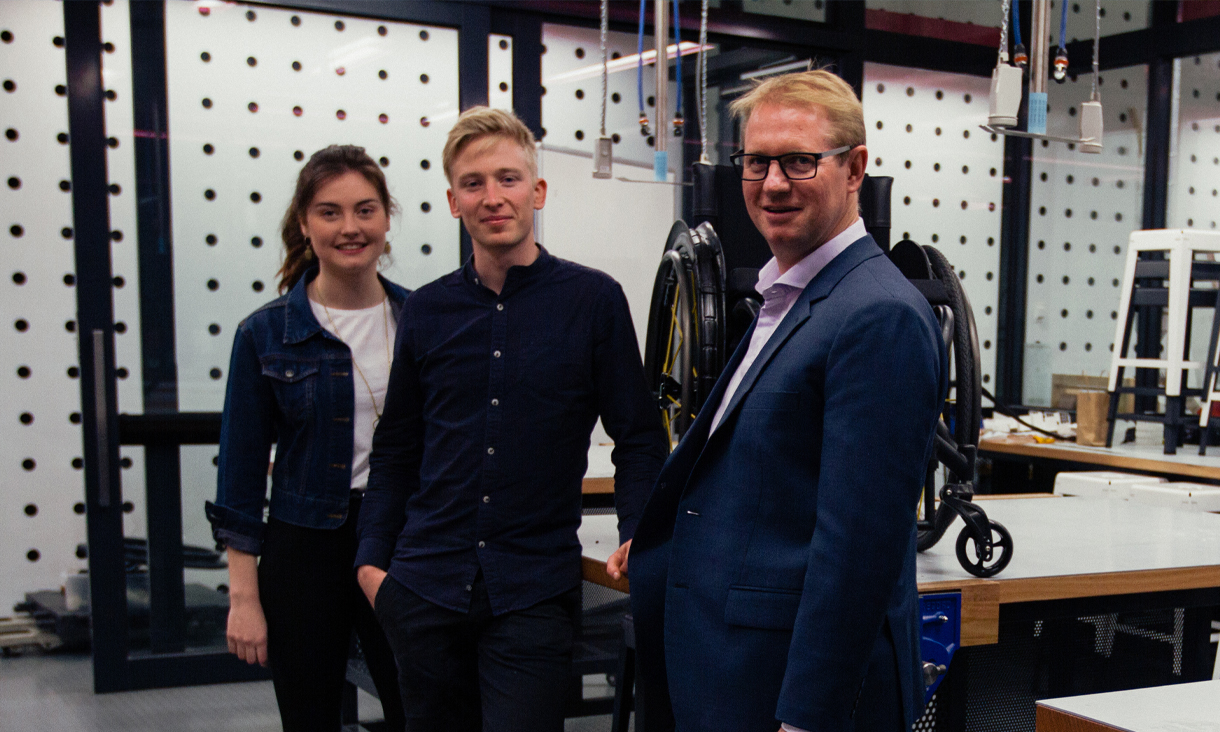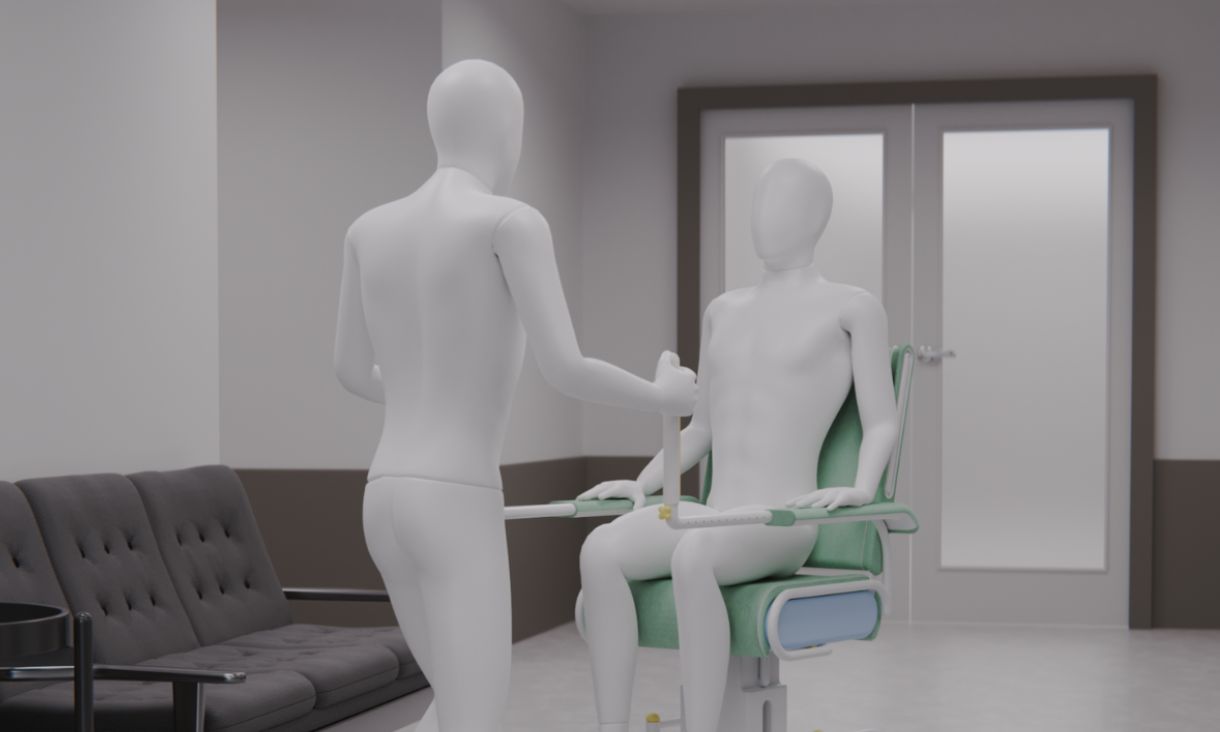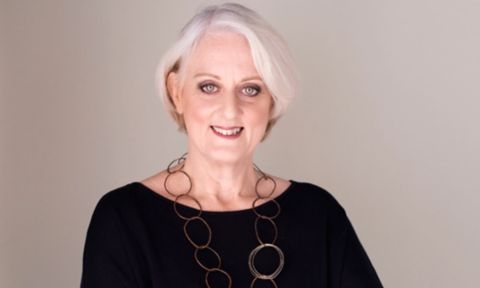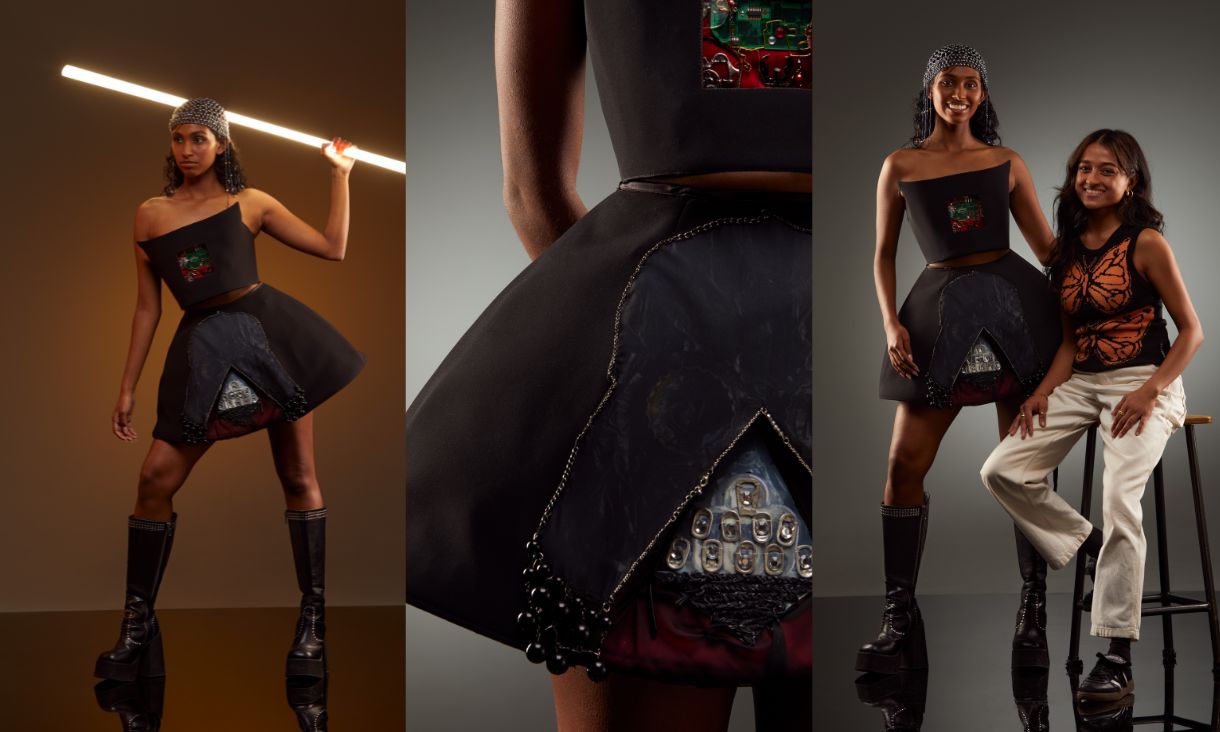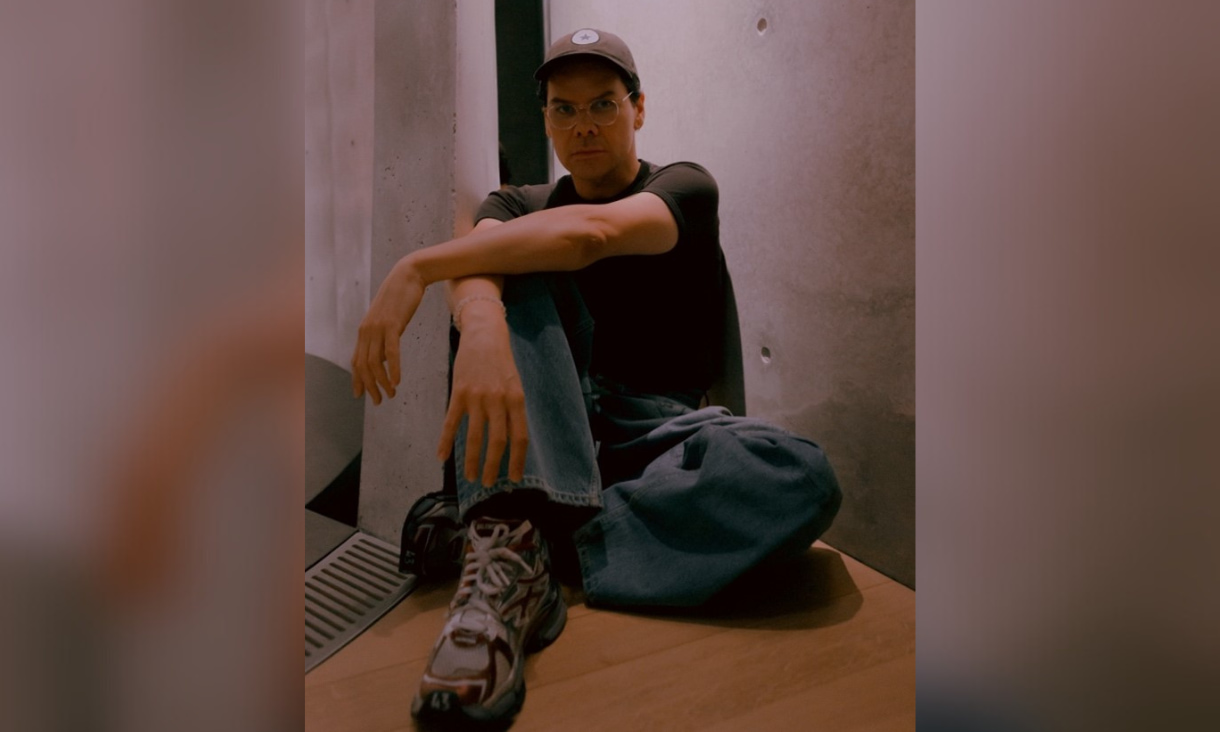1. Follow your passion
Although Alè had always had a love for design, she said it was her amazing mentors at RMIT, including Senior Lecturer in Architecture and Design Dr Malte Wagenfeld, and Industrial Design Lecturer Judith Glover, who always encouraged her and inspired her to be more critical about design and the world we live in.
She said it had always been an absolute passion of hers to be a part of the design whirlwind and see creative minds - and hands - at work.
“So when I was approached by RMIT to apply for the presenter role on the show, I couldn't think of a better opportunity,” she said.
It allowed her to build on her passion for design, especially the future of industrial design, in which she saw a real focus on sustainability and efficient design solutions.
2. Be inspired… (by other people)
Working on a TV show is a great way to be introduced to a surprising range of people.
Alè said she thought she’d mainly be talking to large firms with big budgets and great design facilities – and she did encounter plenty of those.
But the shoots that really stood out for her were with were with families who saw a problem and found a passion within themselves to make a difference, using whatever they had at their disposal.
"I couldn't help but love hearing the stories of parents heading out to Aldi to get their 3D printers for prototyping,” she said.
“It shows you don't always need millions of dollars and a huge team behind you - just an innovative idea and the drive to make it happen.”
A stand-out innovation came from RMIT graduate Ryan Tilley, who invented Gecko Traxx, an accessory that allows wheelchair users to access off-road terrain, from beaches to dirt tracks, as part of his final-year project.
Alè said she hoped to act on the lessons she learned from the inspiring people she met on the show - bringing the same passion, resourcefulness, creativity, energy, conscientiousness and sense of fun into her own work in future.
